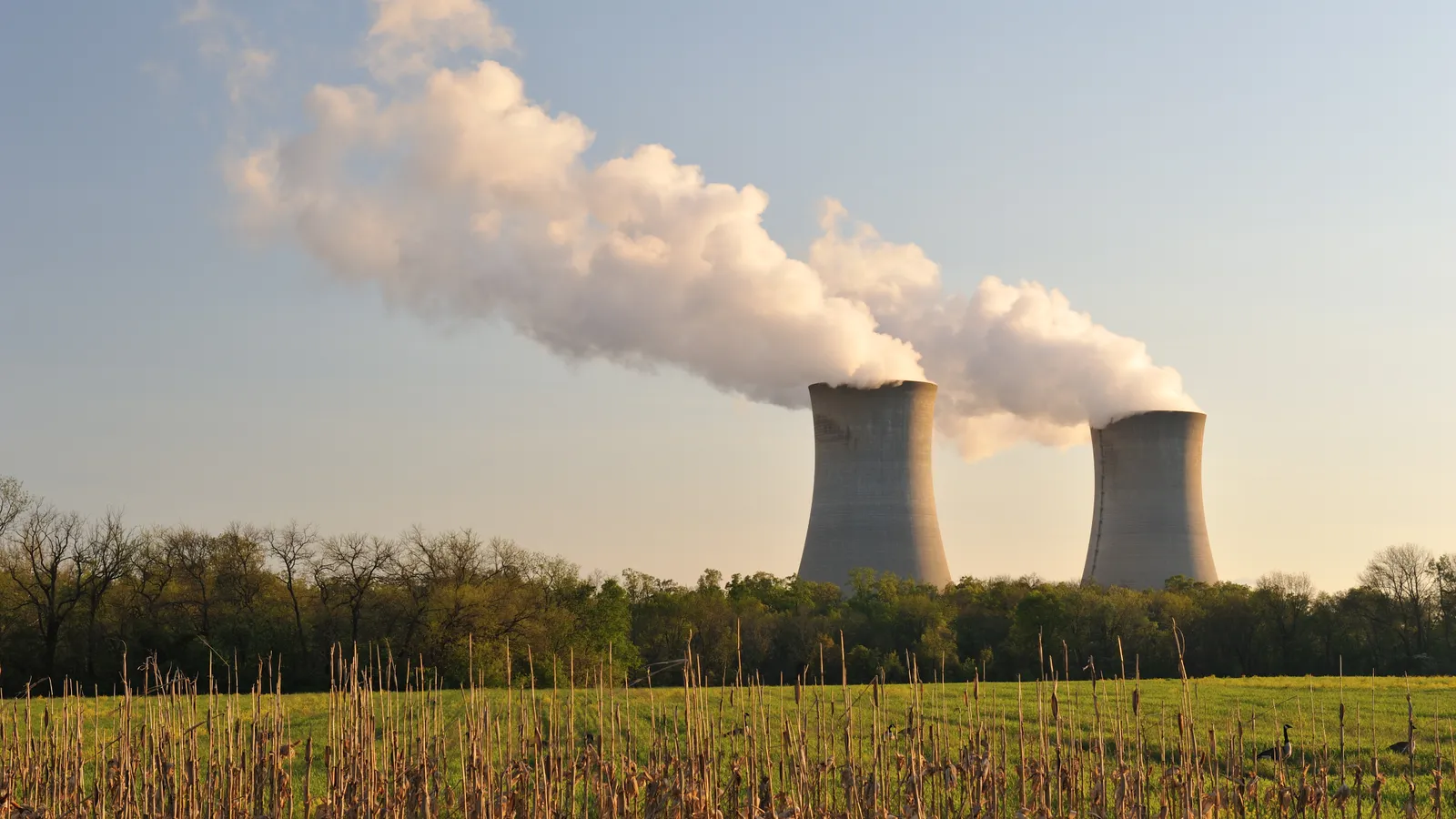The Department of Energy’s (DOE) initiative to pilot advanced nuclear reactors represents a pivotal moment for the U.S. energy landscape, particularly as the nation grapples with the dual challenges of energy security and climate change. The potential for these reactors to operate safely and commercially could catalyze a significant shift in energy production, addressing the pressing need for low-carbon alternatives to fossil fuels. As the world increasingly turns to renewable energy sources, the successful deployment of small modular reactors (SMRs) could enhance grid reliability and provide a stable energy supply, thus positioning nuclear power as a viable solution in the transition to a sustainable energy future.
The implications of the DOE’s pilot program extend beyond mere technological advancement; they encompass economic, regulatory, and environmental dimensions. By fostering innovation in reactor design and operation, the initiative could streamline regulatory processes and reduce costs associated with nuclear energy deployment. Key insights suggest that successful commercialization of these reactors could not only revitalize the nuclear sector but also stimulate job creation and economic growth, reinforcing the role of nuclear energy in achieving national energy goals and combating climate change effectively.








